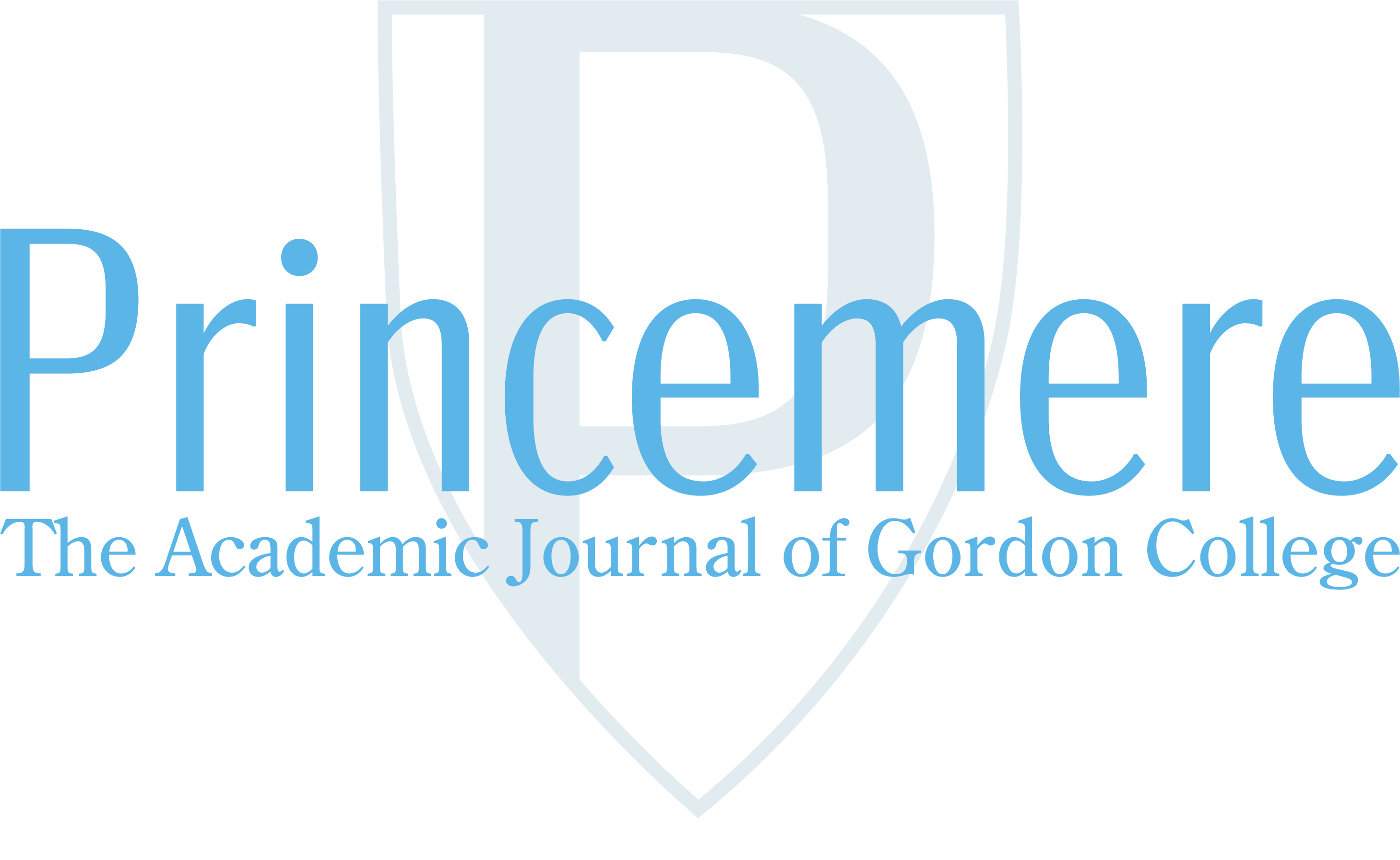When one hears the word ‘power,’ pictures of weapons, tanks, and declarations of war may come to mind. Throughout history, warfare has been the most straightforward (and destructive) way for a nation to get its own way. Conversely, the ways in which nations exercise power during peacetime are a bit more convoluted. Rather than coercing opponents to side with them through open combat or threats of violence, nations who use soft power to gain influence seek to attract those who would otherwise disagree with them by cultural or economic means. This tactic may seem preferable to hard power as it results in fewer casualties and damages. However, soft power is still a way to ‘throw one’s weight around,’ meaning that there are still winners and losers. Soft power still involves one country gaining influence over another. Case in point: the Belt and Road Initiative, through which the People’s Republic of China has proven that soft power is anything but ‘soft.’
China’s Belt and Road Initiative, launched in 2013 under current President Xi Jinping, is a collection of development and investment initiatives that the nation wishes to enact around the globe. This includes building roads, bridges, and ports. The majority of experts contend that China is implementing the Belt and Road Initiative because of its interest in gaining power over developing countries. Such influence is a perfect counter against the West, which has become increasingly critical of China’s policies, i.e. creating military strongholds in the South China sea, mishandling of the Covid-19 pandemic, Muslim internment camps, etc. The Belt and Road Initiative (hereafter abbreviated BRI) does this through economic means, such as the giving of loans or forgiving of debts in exchange for assets (as in the example of Sri Lanka, discussed later). Through the examination of six journalistic sources, the concerning implications of this ‘soft’ power initiative, as well as the effects of the Covid-19 pandemic on its implementation, will be considered.
The first perspective comes from the Brookings Institute, a center-left think tank, in an article from October 1, 2020. It shows that the loans given by China to developing nations have lower interest rates than what private investors would offer them but much higher interest rates than the World Bank or IMF. This fact is corroborated by the article from Foreign Affairs discussed next, which claims that China is ‘borrowing cheap’ from such institutions and ‘re-lending at a significant markup’ to nations struggling financially (Steil, Rocca, 2020). However, the Brookings Institute article does not see this as a reason for concern. It challenges the notion that countries that lend from China are beholden to it, asserting that many of these nations borrow from Western nations as well (the exceptions being pariah states such as Iran and Pakistan who are generally not offered loans). It also mentions that China is attempting to help developing nations weather the pandemic by implementing a moratorium. The article concludes with a prescription for how the US can counter the BRI, which includes reforming multilateral banks and encouraging China to be more transparent, but the author does not believe that the BRI is ‘debt trap diplomacy’ (Dollar, 2020).
Foreign Affairs, an international affairs magazine published by the Council of Foreign Relations, presents an opposing opinion in an article from April of 2020. It describes the plight of poor countries during the pandemic: the entire global market is struggling, but developing nations are being hit harder due to already high debts and the withdrawal of foreign investments. These total more than $96 billion from across emerging markets). The IMF and World Bank released emergency funds to such countries, but knowing that their assistance would not be enough, turned to members of the G-20, including China, to suspend repayment obligations. However, the moratorium is not as hopeful an initiative as the Brookings Institute article would have readers believe. China reported that they would not include ‘preferential loans’ as applicable for debt relief, making the moratorium incomplete and largely ineffective. The article calls upon China to forgive debts or face a general collapse in the global economy, asserting that the BRI is a threat to developing nations in its current state (Steil, Rocca, 2020).
The Atlantic Council, a center-right think tank in the field of international affairs, corroborated the Foreign Affairs article when it shared in June 2020 that China, and even Western countries, have been slow to put a true moratorium on developing nations’ debts. Presenting a skeptical picture of China’s intentions for debt relief, it quotes the same article from Global Times which said that preferential loans will not be applicable for debt relief and “(s)imply offering write-offs would not be in accordance with African countries’ long-term development interests” a statement clearly made in China’s self-interest, not Africa’s. It also gave reasons for concern about countries being tied to China through underhanded agreements in direct contrast to the article published by the Brookings Institute, noting that terms of financing remain opaque and that in certain nations, ‘odious requirements’ have been uncovered. This article strongly asserts that the initiative harms developing nations (Mark, 2020).
The Council of Foreign Relations wrote about other effects of Covid-19 on the BRI back in March 2020. Its contributors wrote that the pandemic largely halted BRI projects because foreign nations largely dependent on Chinese labor were unwilling to let them stay within their borders. It also slowed Chinese supply chains, even causing a trade deficit in the first few months of the year. There is an overwhelming concern that developing nations will be unable to pay back their debts, and it seems that the BRI is vulnerable because of its global nature (Lancaster, Rubin, Rapp-Hooper, 2020).
Forbes published an article on January 29, 2020, which began with a reflection about how many marveled at the courage of the Chinese government to sign extravagant deals with third world nations when the BRI was new. However, when China seized a large share of a deep sea port when Sri Lanka could not pay its debt, the concept of ‘debt trap diplomacy’ was born. Why would China have built the port in the first place if not to seize it and exercise power over Sri Lanka? In Malaysia, the BRI helped cover evidence that the government was diverting funds by inflating the prices of infrastructure projects in exchange for permission for the Chinese navy to use two Malaysian ports. The article also reported that in a 2017 McKinsey survey, 60% to 80% of Chinese companies in Africa admitted to paying bribes. The article is adamant that the BRI is a threat and is used to coerce third world nations (Shepard, 2020).
The Diplomat, a centrist publication that covers news in the Asia Pacific, published an article in April 2019 that presents hope for those tangled up with the BRI. Nations have the ability to avoid such corrupt traps. Nations can choose the BRI and then come out on top, like Indonesia, which was able to use the ‘yellow peril narrative’ to its advantage when negotiating deals that would benefit itself. The BRI could be used to the Philippines’ advantage as well. (Tritto, Camba, 2020).
In summary: The Brookings Institute article claimed that China was putting a moratorium on debts, but upon further research, the Foreign Affairs and Atlantic Council articles pointed out that they are not including preferential loans in their debt relief policy. The Brookings Institute said that countries that loaned from China were not beholden to it, but the Atlantic Council article revealed that China’s terms of finance were not opaque and Forbes named many individual cases of corruption. This would explain why the Brookings Institute article itself recommended that China work to be more transparent in its dealings. In the end, it appears that the concern that China’s Belt and Road Initiative is a danger to developing nations is well-founded and that as the pandemic continues, they can only hope that China will expand its loan moratorium.
It seems that peacetime for the People’s Republic of China is not a time for rest, but rather a time of opportunity, one they are willing to take advantage of. It remains to be seen how the new administration of the United States will challenge this expansion of power, but one can be sure that China’s exercise of power is anything but ‘soft’ in nature. Challenging the expansion of a country’s influence exercised even in seemingly innocent ways is necessary for global peace. Afterall, the absence of war does not necessarily mean the presence of peace.

Christy Bartel
Christy Bartel opened up her first Word Document when she was nine years. She started with creative fiction, inspired by her dad who was writing his own novel. She’s won several awards for short stories since then, including two Silver medals from the national Scholastic competition. She competed in Speech&Debate for five years, and debating resolutions about the Middle East, China, and the federal court system contributed greatly to her expertise in academic writing. Having been homeschooled since fourth grade, Christy’s mother was the one who reminded her to make her essays’ theses strong and her points clear and concise. If she wasn’t already majoring in International Relations and History, she would also add an English major because she’s obsessed with reading great books. Find her writing on her laptop in the lobby of the Wilderness Lodge hotel at Disney World in Florida on the weekend.

